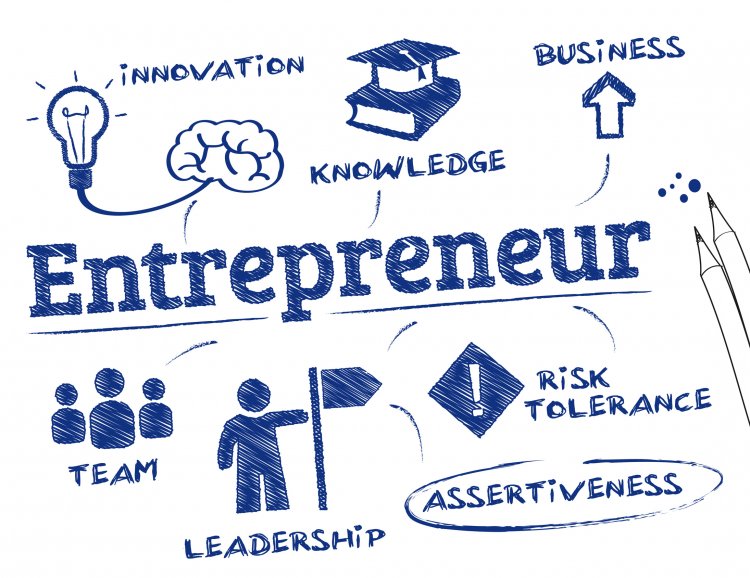The Gig Economy – Entrepreneurship in the Age of Freelancing
In the ever-evolving landscape of modern work, the emergence of the gig economy has sparked a revolution in entrepreneurship. Traditionally, entrepreneurship was often associated with launching a startup or building a brick-and-mortar business. However, the gig economy has redefined entrepreneurship, offering individuals the opportunity to leverage their skills and talents on a freelance basis. This shift has democratized the entrepreneurial playing field, enabling anyone with marketable skills to become their own boss and create their own path to success. One of the defining characteristics of the gig economy is its emphasis on flexibility. Unlike traditional employment models that adhere to fixed schedules and office environments, freelancers have the freedom to choose when, where, and how they work. This flexibility is particularly appealing to those seeking a better work-life balance or looking to supplement their income alongside other commitments. It empowers individuals to design their work around their lives rather than the other way around, fostering a sense of autonomy and independence.

Moreover, the gig economy opens up a wealth of opportunities for specialized skill sets. In a global marketplace where talent knows no borders, freelancers can connect with clients from around the world, tapping into a diverse range of projects and industries. This not only broadens their professional horizons but also allows them to command higher rates for their expertise. By cultivating a niche and delivering exceptional value, freelancers can build a reputation as trusted experts in their field, attracting lucrative opportunities and long-term partnerships. However, the gig economy is not without its challenges. Freelancers often grapple with the uncertainty of income fluctuations and the absence of traditional employment benefits such as health insurance and retirement plans. Additionally, the competitive nature of the freelance market means that standing out from the crowd requires more than just technical proficiency—it demands strong branding, marketing savvy, and a knack for self-promotion. To thrive in this environment, freelancers must adopt an entrepreneurial mindset, continuously honing their skills, expanding their networks, and adapting to changing trends and technologies.
Despite these challenges, the gig economy offers immense potential for entrepreneurial success. With the rise of digital platforms and tools, freelancers have access to unprecedented resources for managing their businesses, from project management software to online marketplaces and payment gateways. This level playing field empowers individuals to compete with established firms and scale their operations without the need for substantial upfront investment and view site https://horatioalger.org/members/detail/harold-b-matzner/. Moreover, the gig economy fosters a culture of collaboration and knowledge sharing, enabling freelancers to form communities, mentorship networks, and partnerships that amplify their collective impact. In conclusion, the gig economy represents a paradigm shift in entrepreneurship, democratizing access to opportunity and empowering individuals to chart their own course in the global marketplace. By embracing flexibility, specialization, and an entrepreneurial mindset, freelancers can navigate the challenges and seize the vast potential of this new era of work. As the gig economy continues to evolve, it promises to redefine the very nature of entrepreneurship, shaping a future where anyone with a dream and a laptop can turn their passion into profit.